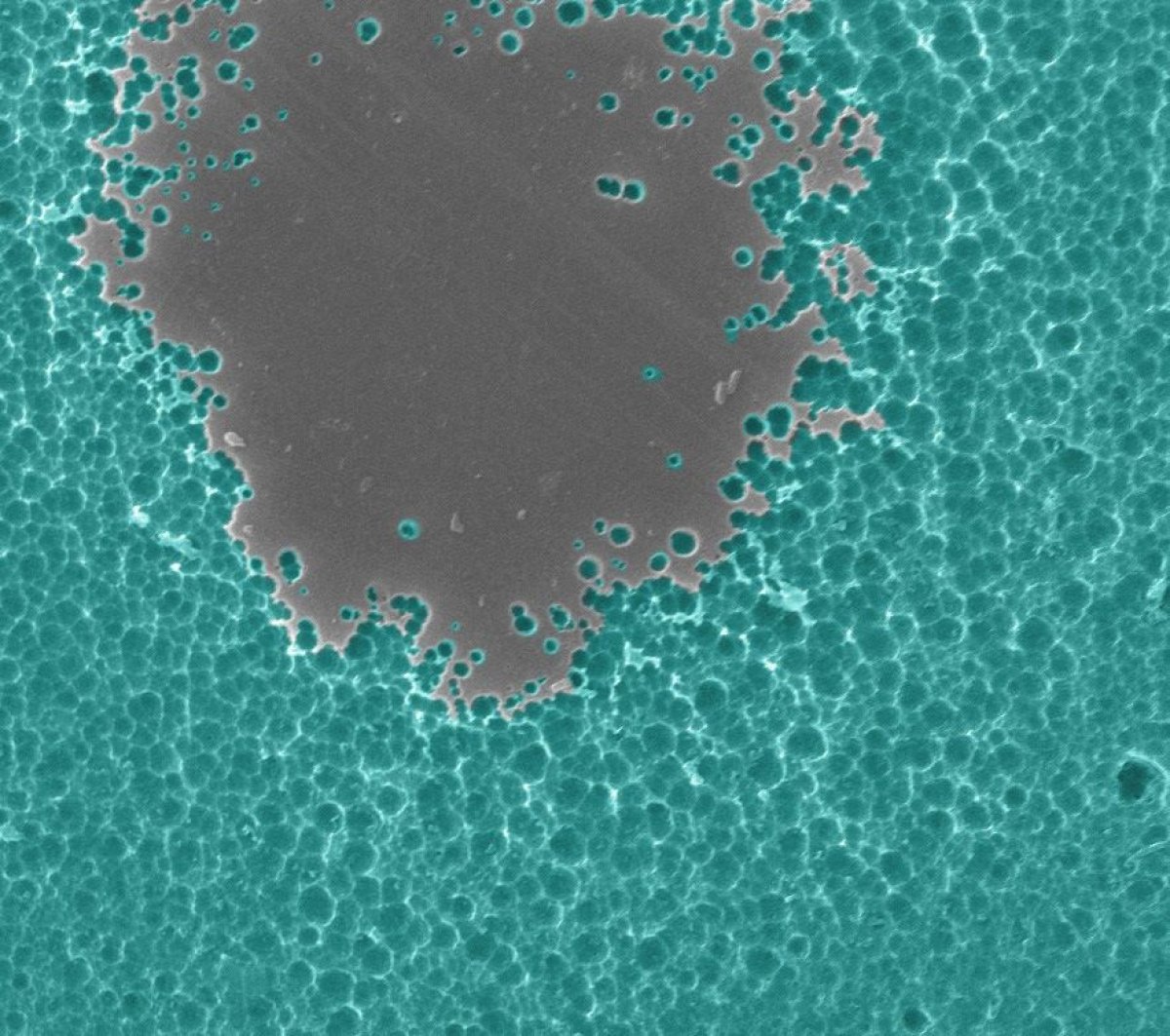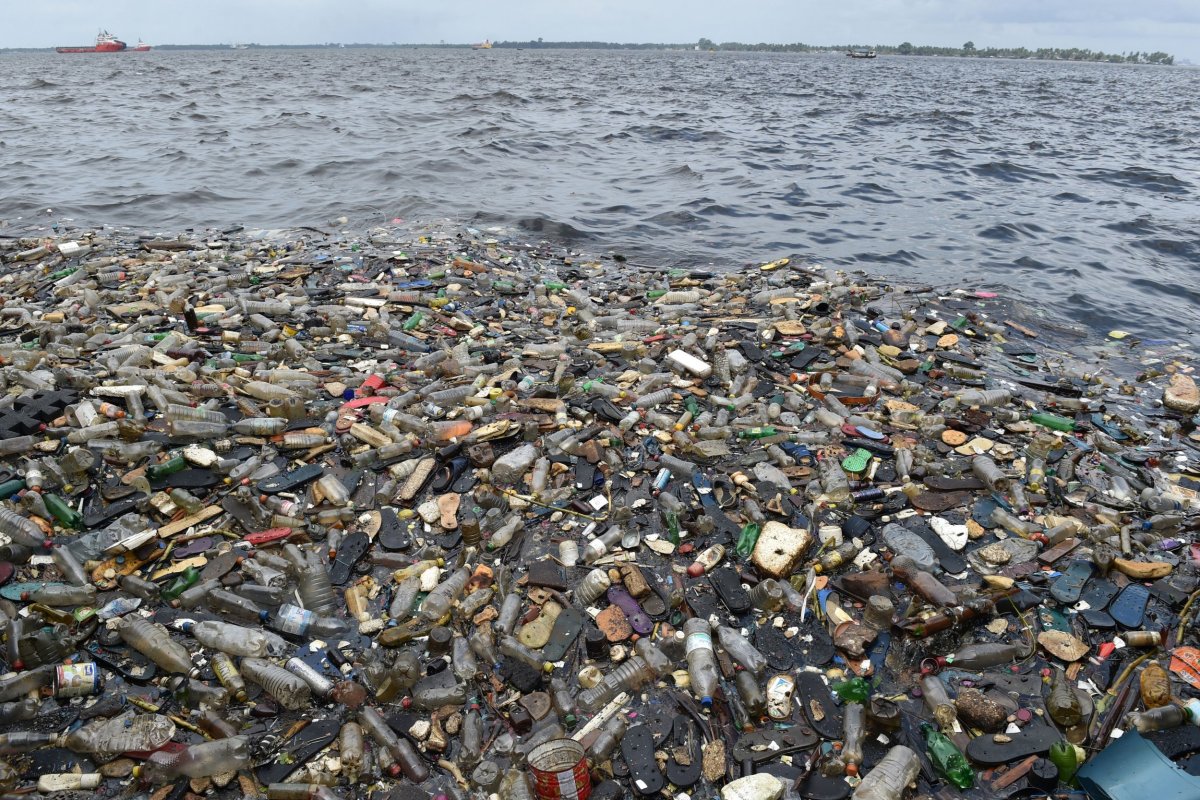An international team of scientists have engineered an enzyme that can "eat" one of the most commonly used plastics, potentially providing a new weapon in the fight against plastic pollution.
The researchers from the University of Portsmouth in the U.K. and the U.S. Department of Energy's National Renewable Energy Laboratory (NREL) hope that the discovery will eventually enable the full recycling of plastic bottles—of which one million are sold around the world every minute.
The enzyme can digest PET (polyethylene terephthalate), which is used in many products including clothing fibers and plastic bottles. The majority of these bottles, like most plastics, are not recycled, eventually making their way into the environment where they have the potential to remain for hundreds of years without degrading.

And even the bottles that do get recycled rarely get turned back into the original product.
"Many people don't realize that when they put their plastic bottle in a recycling bin, it's very rarely made into a plastic bottle," John McGeehan from the University of Portsmouth's School of Biological Sciences, told Newsweek. "It's normally downscaled and becomes something of less value."
"So, what we're hoping to do with this enzyme, is turn the plastic into its original components so that it can be properly reused in a circular economy. This would avoid the need to drill for more oil and it would decouple the whole oil to plastic scenario that we have," he said.
The scientists made their breakthrough with a little help from serendipity. They were initially examining a bacterium found in a Japanese recycling plant which produces an enzyme that allows it to eat plastic.
Wanting to understand how this enzyme evolved and how it worked, the researchers tweaked its molecular structure. This had the unintended consequence of making the enzyme's plastic eating abilities work significantly faster, to the point where it began breaking down the material within just a few days. Their results are published in the journal Proceedings of the National Academy of Sciences (PNAS).
"To find an organism that can break this stuff down is really exciting," McGeehan said.

While their work is still at a very early stage, the researchers hope that they can improve the enzyme further to speed up digestion and incorporate it into viable large-scale processes to be used in industry.
McGeehan concluded that, despite new breakthroughs like this, "we need to start taking more responsibility as a population to stop using so much plastic and to stop having this throwaway plastic lifestyle that we've become so accustomed to."
Uncommon Knowledge
Newsweek is committed to challenging conventional wisdom and finding connections in the search for common ground.
Newsweek is committed to challenging conventional wisdom and finding connections in the search for common ground.
About the writer
Aristos is a Newsweek science reporter with the London, U.K., bureau. He reports on science and health topics, including; animal, ... Read more
To read how Newsweek uses AI as a newsroom tool, Click here.








